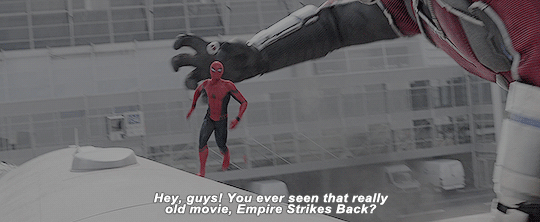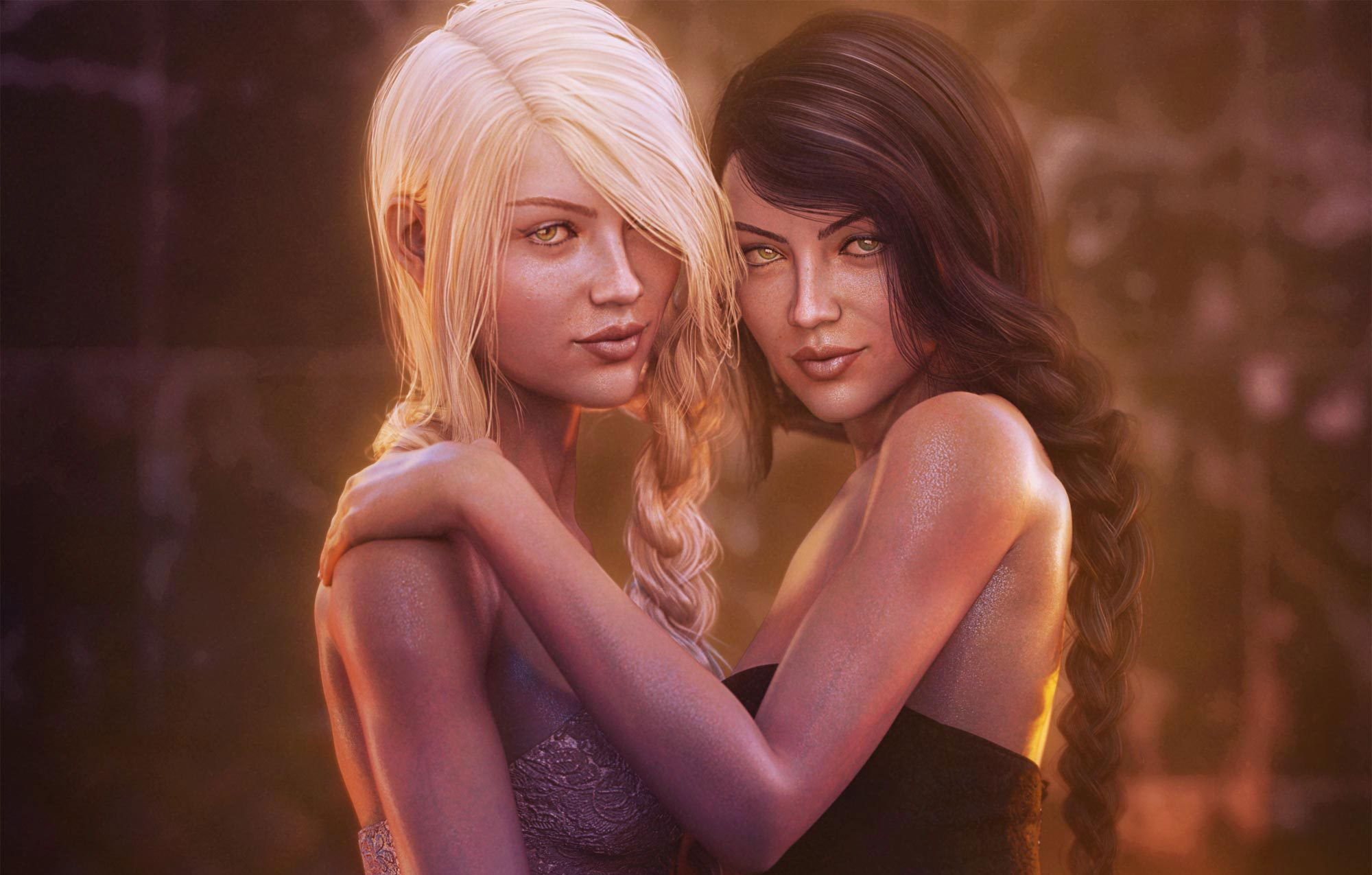Of the concepts introduced and played within the USS Harem books, flat-films is the one that I get asked about the most. So, I start this whatchamacallit Q&A with this post, where I share with you my process, how I came up with it, and why.
Origin
The idea of the flat-films came from necessity.
Pop-culture is very powerful shorthand to evoke certain images and emotions. If I were to write, “He Thanos his enemies out of existence…”, or “He MacGyver his way in, with a toothpick…”, most of you would understand with no further explanation required. And that’s not only very efficient but also very effective. Saying it in so little words gives the telling a punchy feeling.
Wanting to use pop culture as shorthand in the Space Force series left me with two problems.
Problem one: dated references

The first problem was that I found it very peculiar, very strange, to have a 25th-century spaceship captain using early 21st-century pop-culture references in everyday conversation. It was like having a present-day sailor making constant references to literature published between 1497 to 1523. That would be weird. Why isn’t he using his contemporary pop-culture references? Why such a short and specific period of time?
Well, in my case the answer is obviously tainted with the reality outside the pages. I write these books around the time the pop-culture references in question are relevant. That’s what makes them effective shorthand. But, obviously, this makes no sense in the story’s context. Using them would break the logic of the character.
Unless… Unless I could figure out a logical, in-story reason for that to happen.
Problem two: fair use is not fair anymore
The second problem I faced was that using pop-culture references put me in a position where I may inadvertently bump uglies with a litigious public figure or trademark holder. US copyright law has recently been shifting away from fair-use and protecting artists, to a lets-help-the-big-guys-get-bigger mentality. So, to avoid potential legal problems, I figured it was better not to use actual suable concepts, words, names, or trademarks; but instead change them enough so the ones I used evoked the idea without writing the explicit copyright-strikeable term. Better safe than sorry, when dealing with the mouse.
But doing so in the porn-parody-way would make the books feel as spoofs. And that’s not the tone I want for the Space Force series. While the books are not completely serious, they are not comedies either.
So again, I faced the challenge of misquoting Star Wars without making it look like the writer was winking at the reader.
The solution
The concept itself — of the flat-film — came from the idea that on the 25th century, the movie-going experience would be different. There, movies would be completely immersive, 3D interactive experiences. More like a videogame than a present-day feature film. But if that will be the norm, a dramatized story bound by a rectangular flat screen, where you could do nothing but sit and stare at other people for ninety minutes, might seem boring to an everyday 25th century Joe. Much in the way a book, with letters and no pictures, seems boring to many people today.
Have you heard the phrase “I’ll wait for the movie”?
This sparked the idea of a nice little quirk for the protagonist. What if Captain Flinn is the kind of person who likes to ‘read’? What if he’s surrounded by people who find ‘reading’ boring? Or, better yet, pretentious? I could make a nice analogy between books and films.
One important thing about the captain’s quirk is that I really strive to not make the protagonist a Mary Sue. I don’t want the reader to think Captain Flinn is better than everyone else because he enjoys some culture in his life. Therefore, I angled the flat-films idiosyncrasy as a flaw, rather than an asset.
He has trouble finding other people to share his hobby. Through his life, both friends and colleagues have made fun of him for being pretentious. He’s self-conscious about it. And unlike Peter Parker in Captain America: Civil War, this knowledge of earth’s pop-culture will never, ever prove to be useful, plotwise.

I don’t want him to be a Mary Sue, but I don’t want him to look like an idiot either. He’s a hero, after all.
And here we circle back to the second original problem. I don’t need to quote Star Wars, but to misquote Star Wars. If he likes the movies so much, why can’t he quote them right? Is he thick?
To avoid painting him as a pretentious idiot, I took a page of this YouTube series called Earthling Cinema You should check them out if you haven’t already. They are great. But for our purposes, they are a film critique show where the premise is that the reviewer is an alien in the future, and the movies he reviews are ancient artifacts of a long-lost earth. This explains why the alien misinterprets some elements (names and cultural events) of the film, for comedic effect.
So, what if I did something like that?
Bringing it all together
The state of 20th-century films during the 25th century — where the stories take place — is an analog to how Elizabethan theater is to 21st-century scholars. Although this is a quintessential period in theater, we’re not really sure who William Shakespeare actually was. While we can find plenty of playwrights throughout human history, a great number of scholars focus on the plays written in England between 1558 and 1603.
At some point in the late 21st-century, something happens (right now I’m not 100% on what, but the question has sparked some interesting ideas that will make their way into future stories) and all of earth’s culture gets wiped-out. By the end of the 24th century, a few popular movies are re-discovered, and their study becomes the stuff of academic papers. You have to watch these old films at museums, and a lot of them are incomplete. Some have missing endings, other missing random parts, some are only available in a dubbed version in Farsi — for some reason, other censored for tv and with ads (which academics interpret as part of the narrative).
All this to build a tapestry where a future civilization looks at the 21st-century pop-culture through an imperfect, fractured lens.
Finally, this puts Captain Flinn in a place where he’s not stupid for not knowing how to spell Princess Leia, but rather contextualizes him in a culture where the Skywalkers are studied under the same magnifying glass as Beowulf. This distance allows the characters to misread enough information of ancient texts, to be recognizable enough for the 21st-century reader, without painting said characters as ignorant or as clowns.
If you got this far, and you haven’t read any of the Space Force’s books, then you’re probably very confused. Do check them out here, and here.





